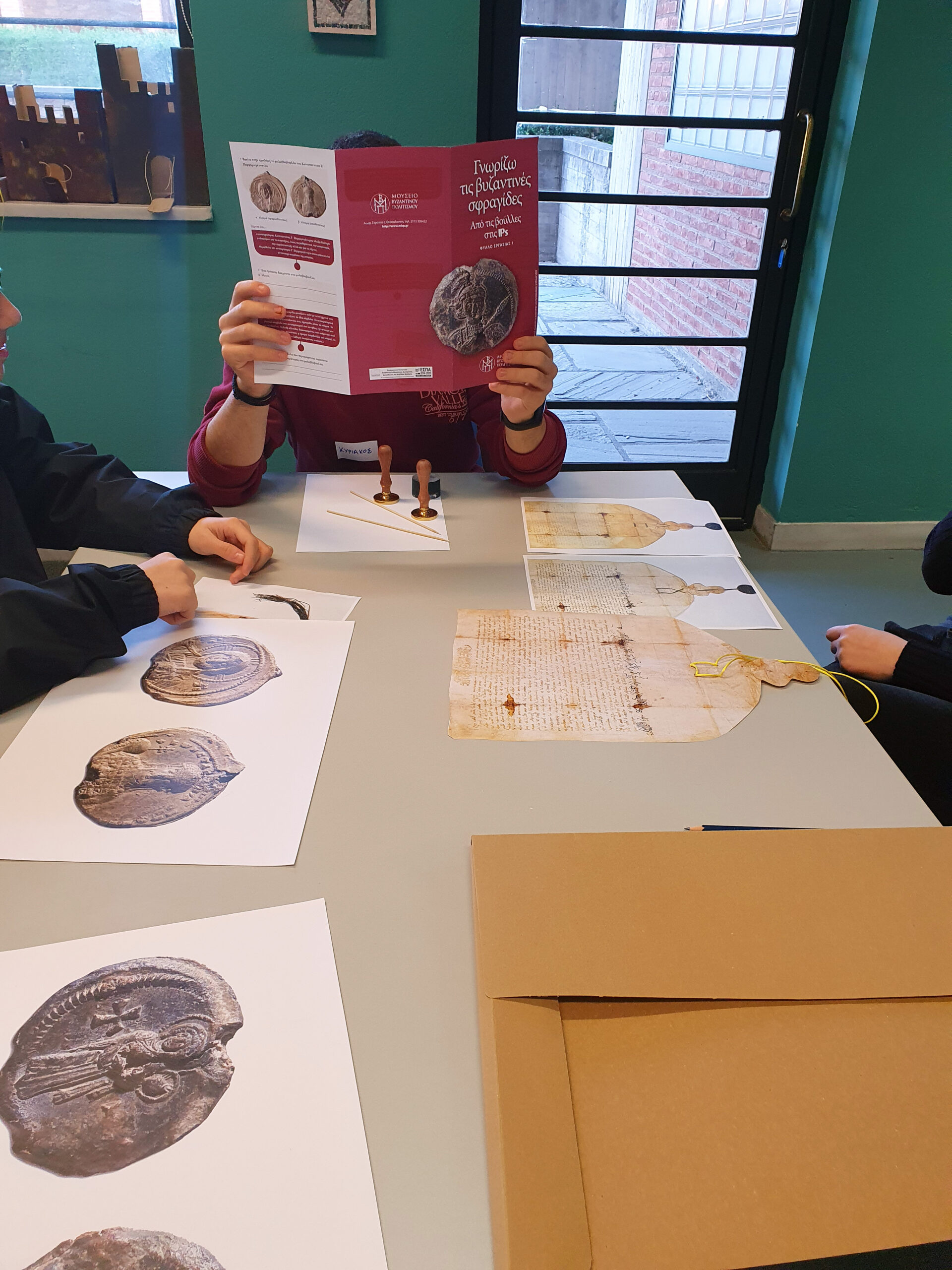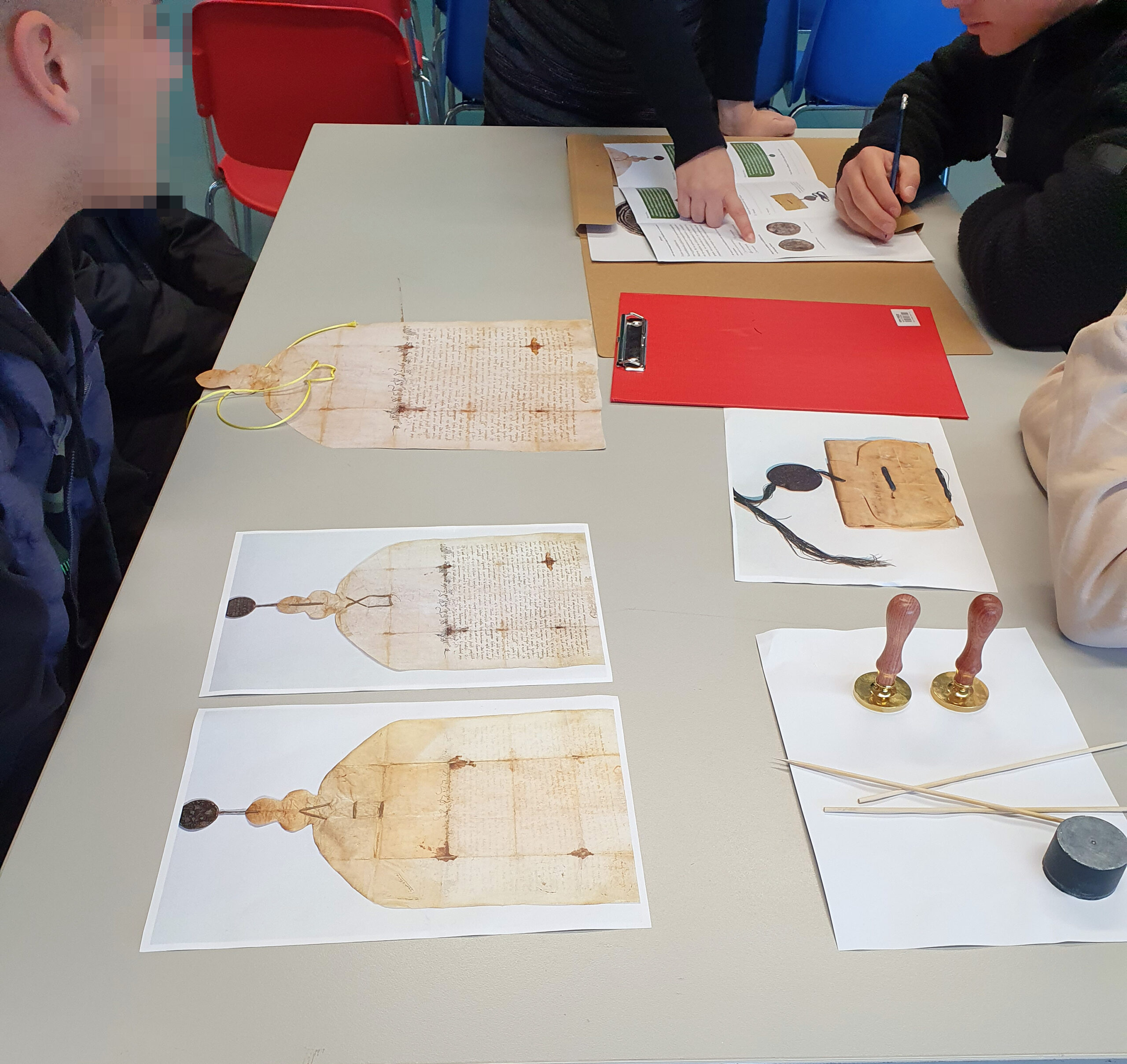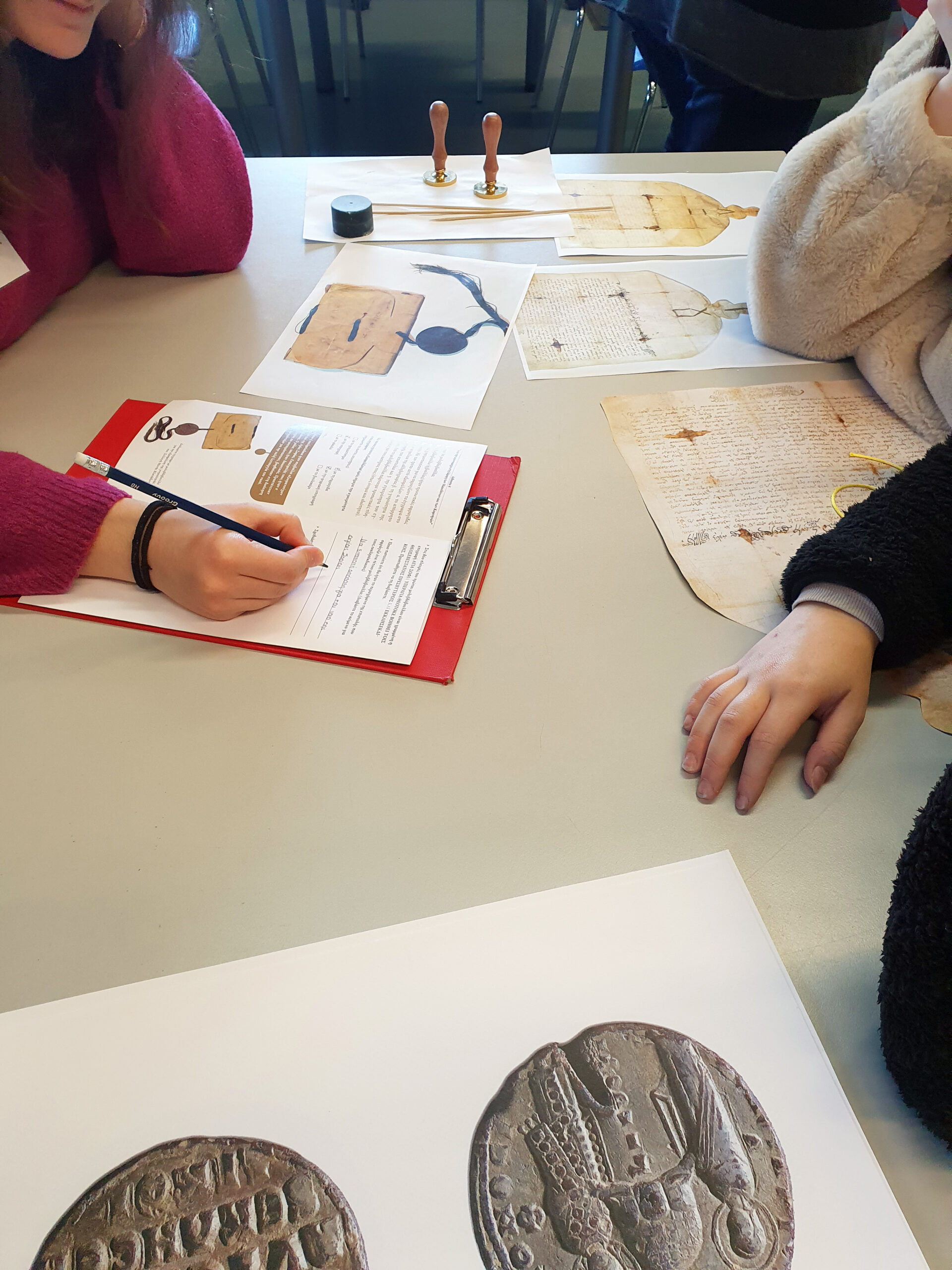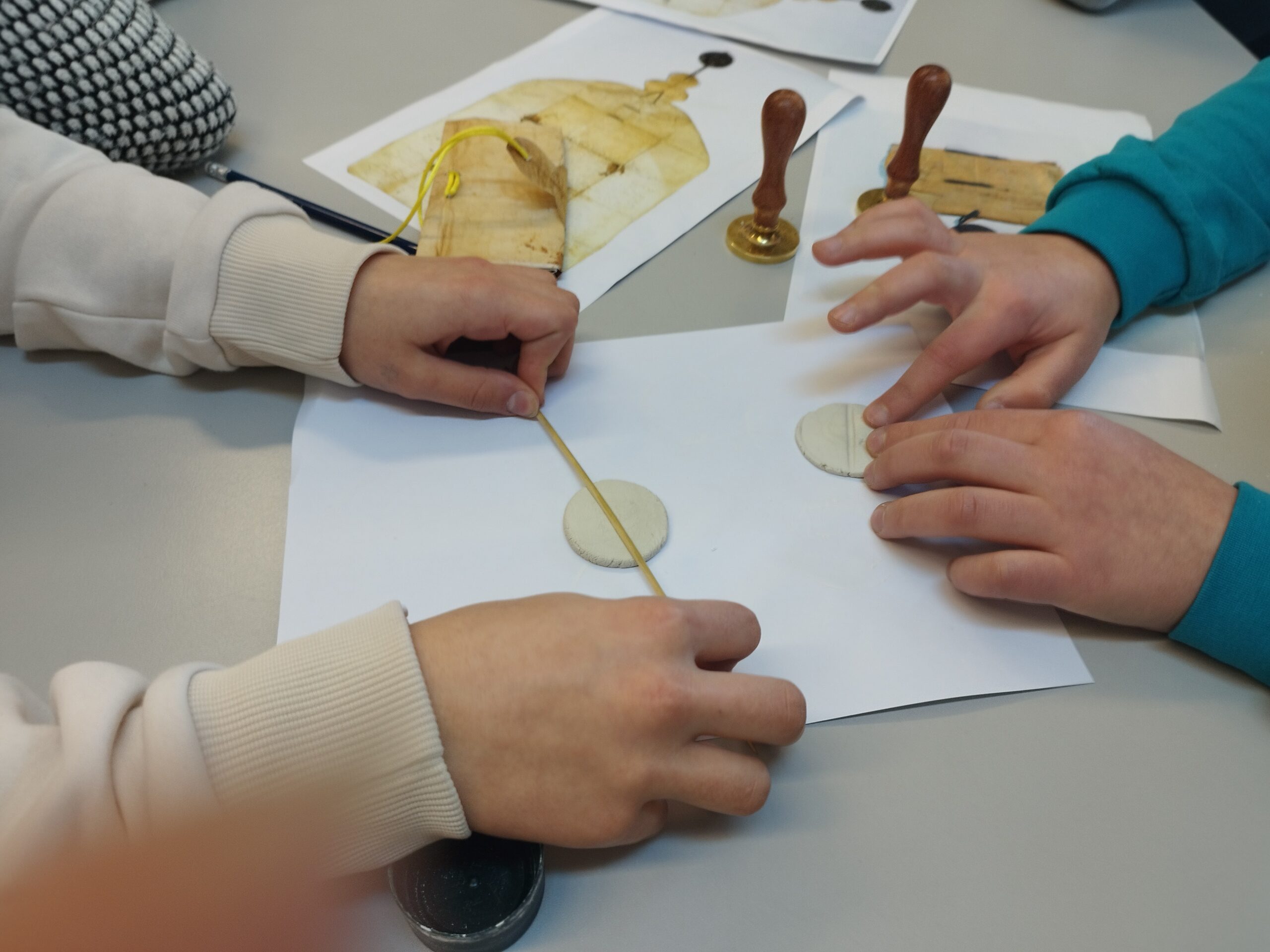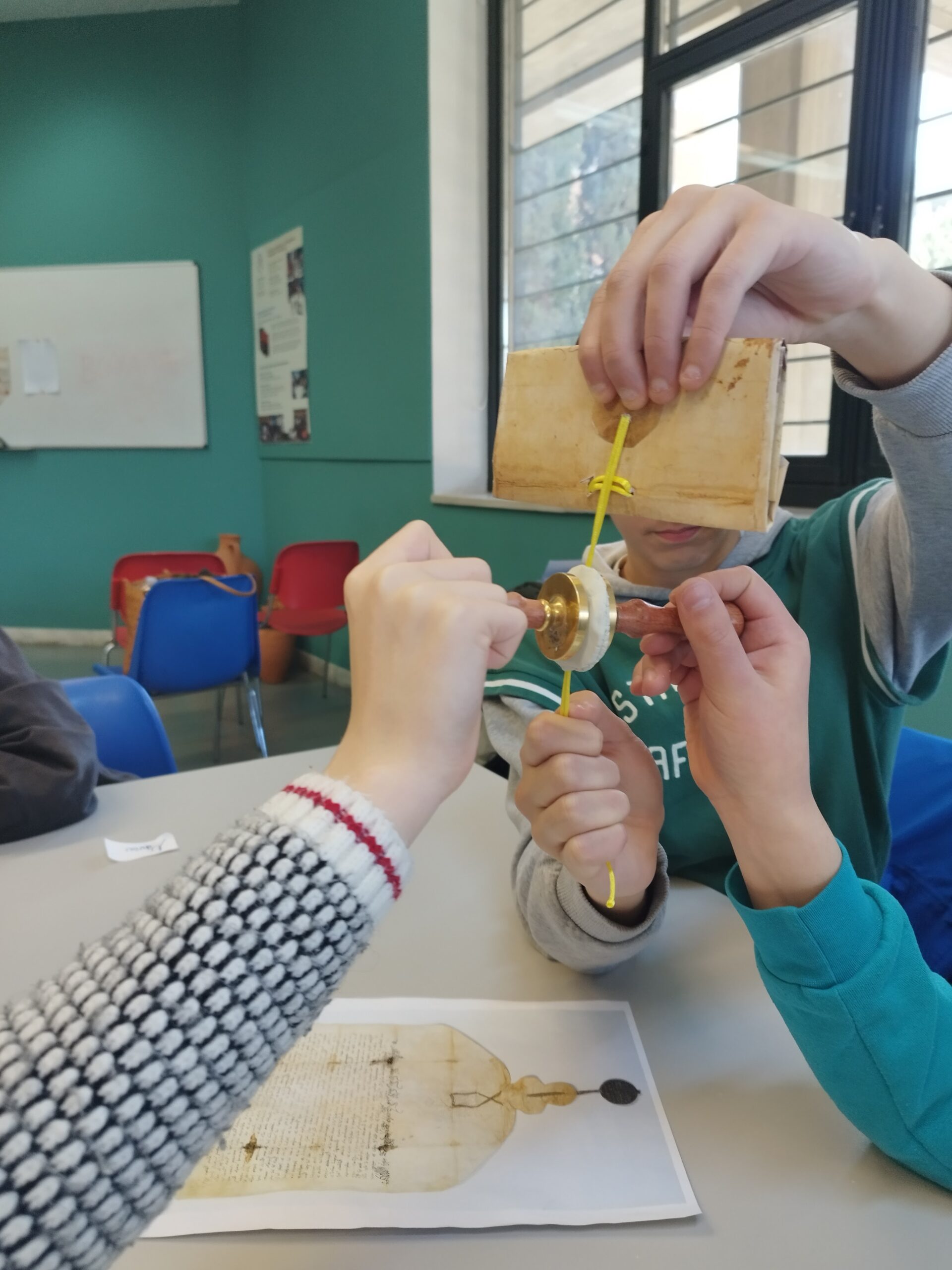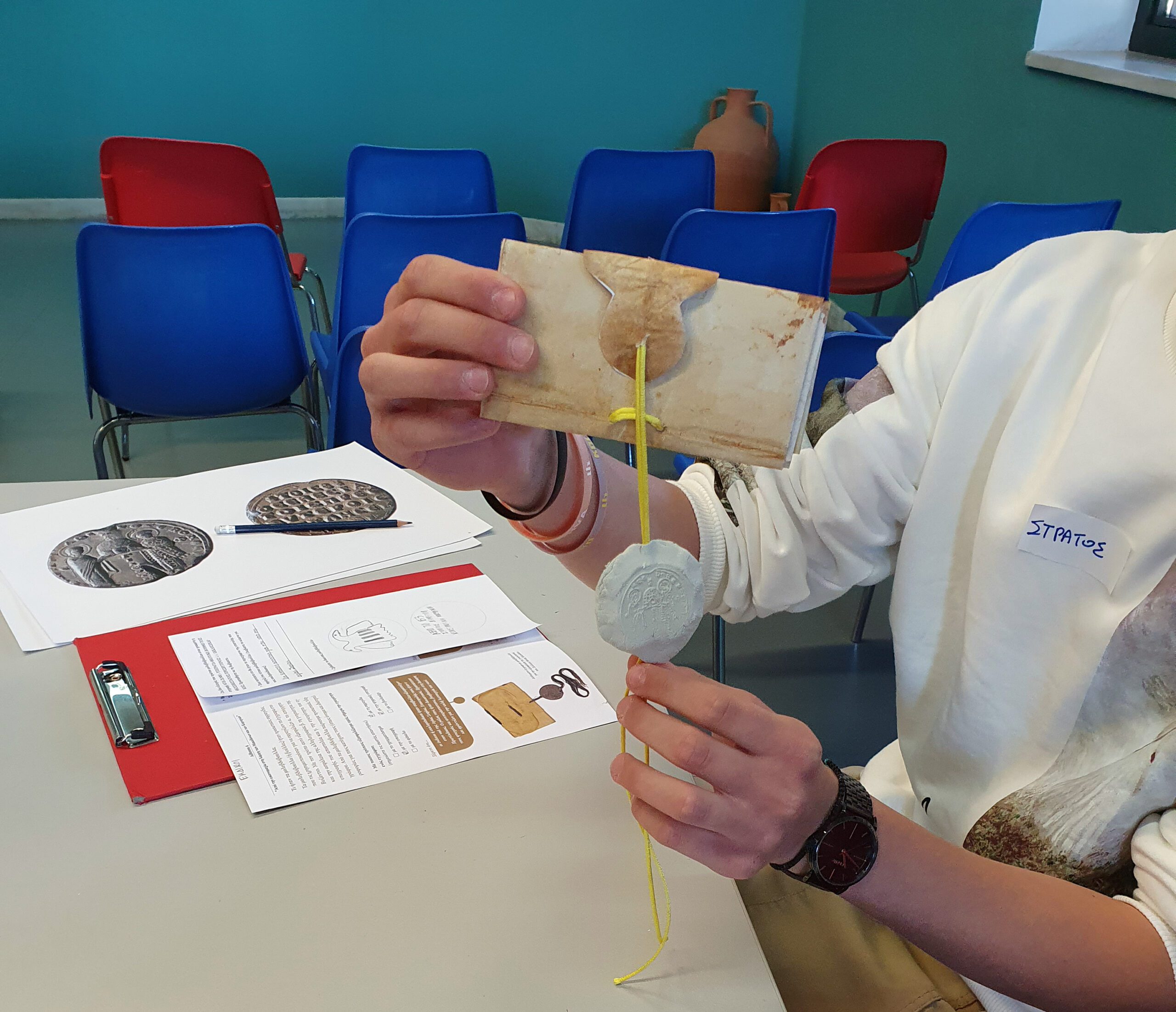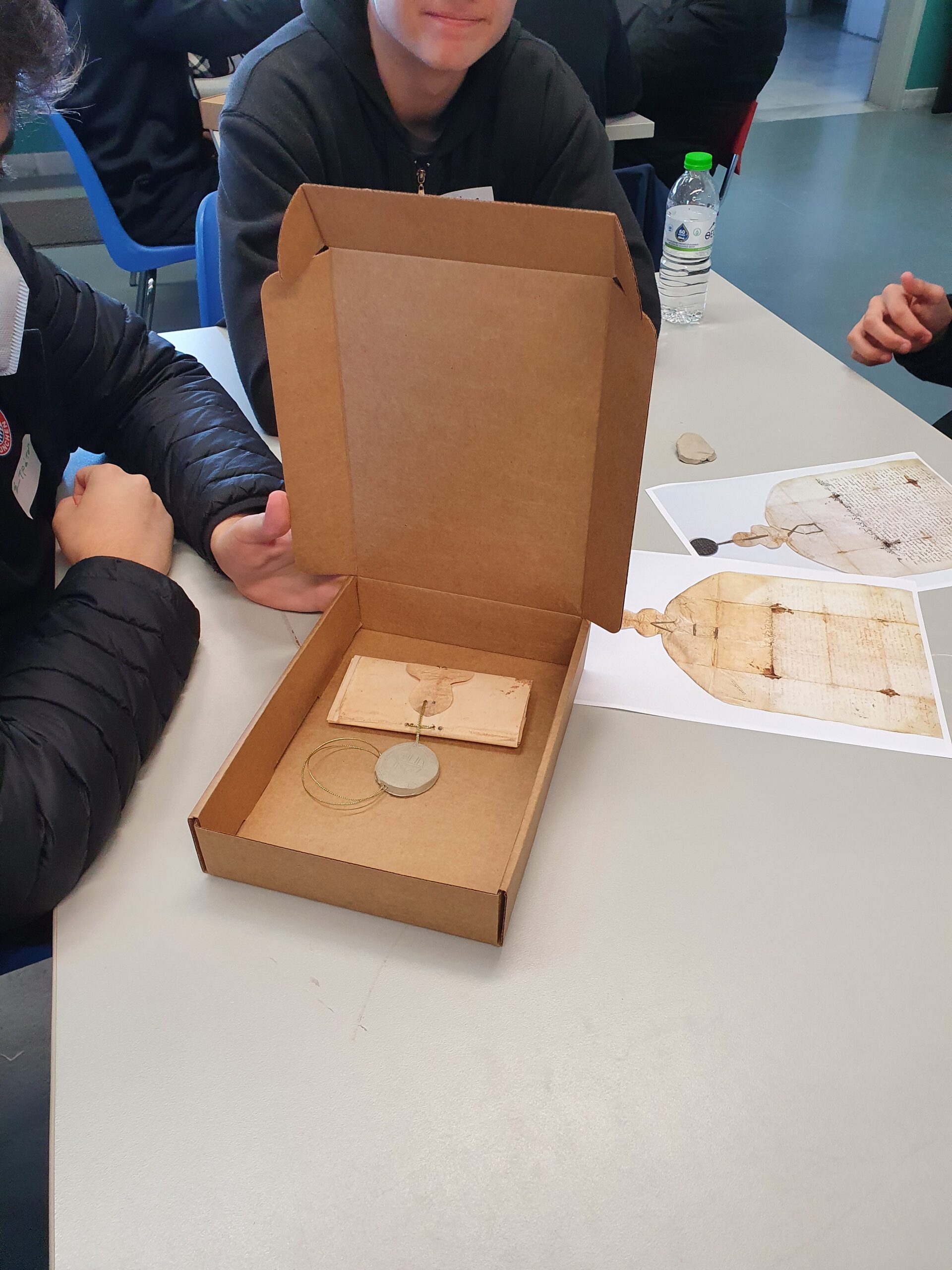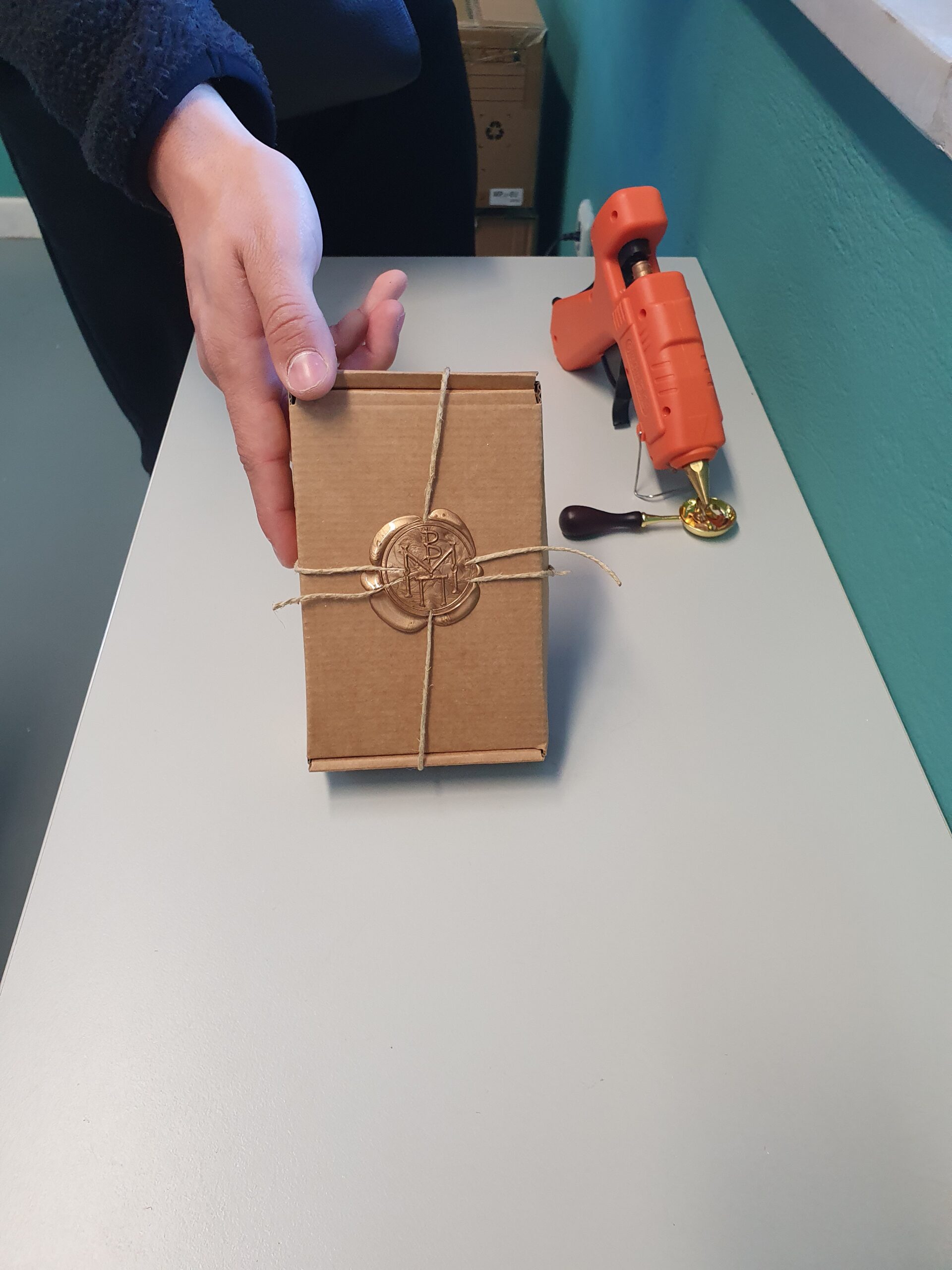This website uses cookies so that we can provide you with the best user experience possible. Cookie information is stored in your browser and performs functions such as recognising you when you return to our website and helping our team to understand which sections of the website you find most interesting and useful.
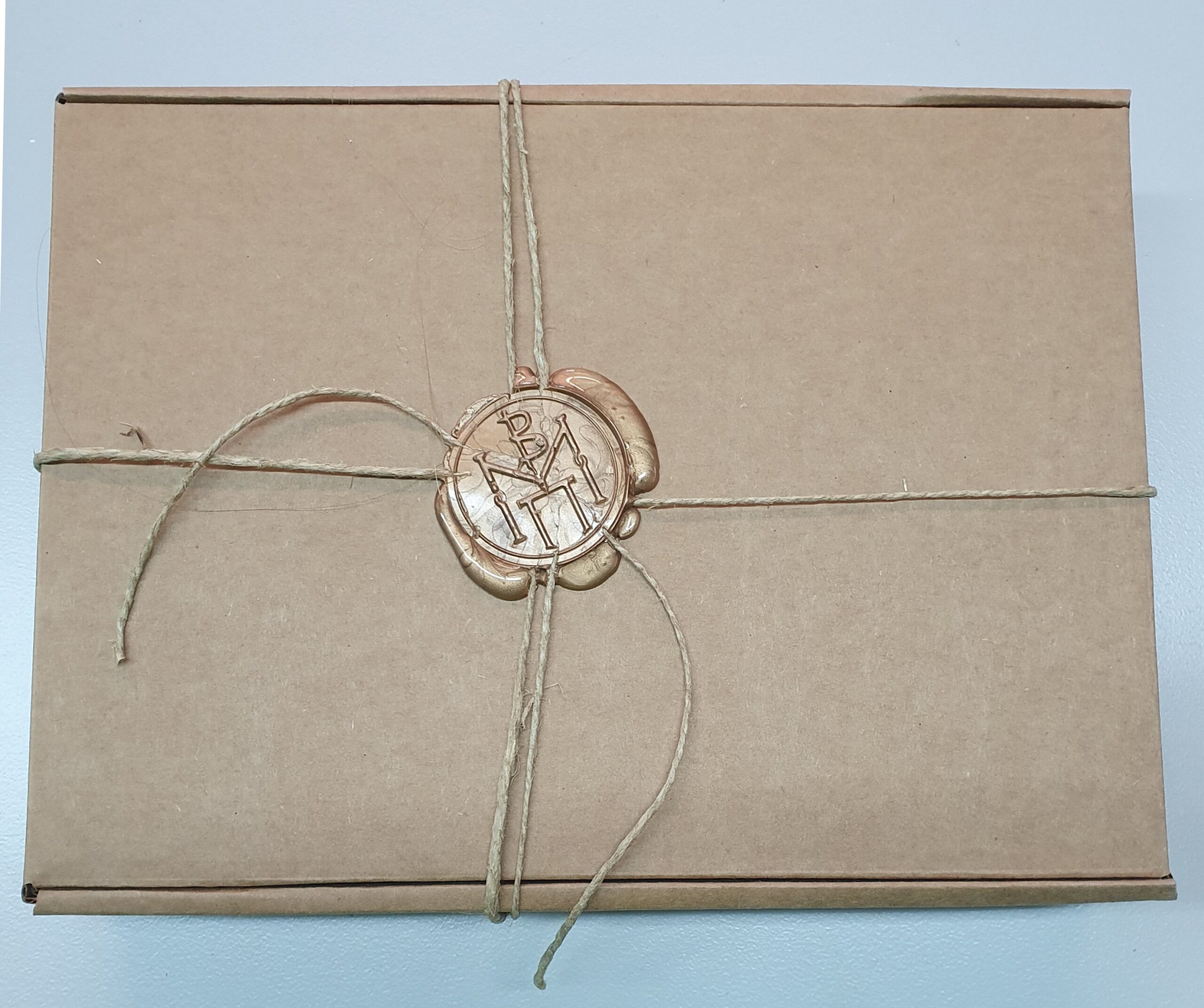
Learning about Byzantine seals-from bullae to IPs for students of Secondary School
The educational program “Learning about Byzantine seals. From bullae to IPs” is addressed to students of secondary education.
Through the program, the students will learn about:
- writing in Byzantium (who wrote? What materials did they use?)
- the organizational system of the administrative and ecclesiastic bureaucracy (assurance of privacy and validity of documents)
- the distribution system of the documents
- the creation and use of the lead seals
- the assurance of the privacy of the correspondence and the authenticity of the signature nowadays
Also
- will exercise their critical thinking through discussion and observation
- will compare the past with the present
- will work in groups
- will learn how to fold a Byzantine document and seal it with a seal made of clay
- will create their own lead seal
Program description
In the first part of the program, students through questions and discussion, with the aid of the maieutic method and the provided material, learn about the use and the usefulness of the lead seals and the bureaucratic organization in the Byzantine Empire.
Afterwards, they are separated into four groups and through the four worksheets they discover and study lead seals owned by a) emperors b) patriarchs c) ekklesiekdikoi, officials of Hagia Sphia in Constantinople and d) state officials.
By studying lead seals, they extract information about their owners and the seals themselves aw historical sources.
The second part of the program takes place in the educational room where students participate in the workshop of folding an official state document and its sealing process with clay.
Audience
Students, Teachers
Free Entance
Duration
1.30 hours
Participants limit
Only one school unit (no more than 24 students). If you have, two or three class sections, only one implements the specific program with the museum's staff. The other will implement it by themselves along with their teaching staff. Necessarily there must be one or two members of the teaching staff escorting.
Booking information
Contact with the educational department of the museum and organise your visit. Phone contacts 2313306420 & 2313306476
Location
Museum education room, Museum galleries, Αίθουσα εκπαιδευτικών προγραμμάτων, Αίθουσες μουσείου
Planned
A. Antonaras, M. Polychronaki, E. Fourliga, C. Belekou, C. Papaoikonomou
Funding
NSRF 2014-2020




